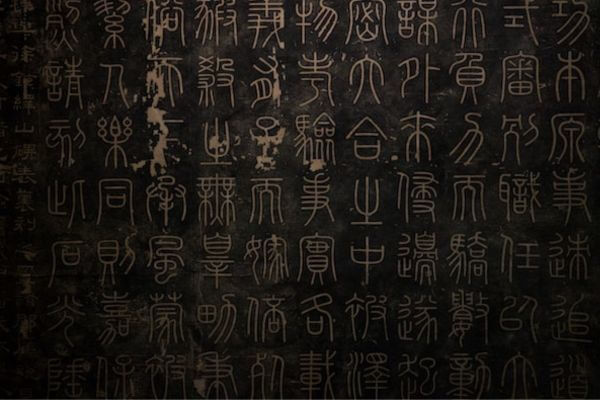
On 4 May 2023, China issued the “Notice on the Construction of Cultural Heritage-themed Tourist Routes in China” (hereinafter the “Notice”, 关于开展中国文物主题游径建设工作的通知).
The Notice, jointly issued by the National Cultural Heritage Administration, the Ministry of Culture and Tourism, and the National Development and Reform Commission, aims to strike a balance between the preservation and utilization of cultural heritage and between cultural heritage and tourism.
Featuring immovable cultural relics, the resources of heritage tourism routes will encompass historic cultural sites, ancient tombs, ancient architecture, cave temples and stone carvings, important historical sites, and representative buildings of modern times.
The Notice encourages cooperation between local government departments responsible for cultural heritage management and tourism regulation. It also encourages local authorities to provide financial support for such tourism projects.
The Notice also emphasizes that local authorities should prioritize the safety of cultural heritage and fire safety, and should first ensure the number of tourists within the carrying capacity.
Photo by Isaac Chou on Unsplash
Contributors: CJO Staff Contributors Team









